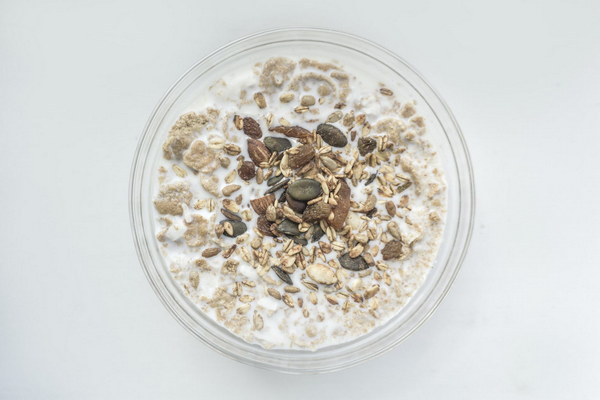Nurturing Liver and Kidney Health A Comprehensive Guide to Effective Medications
In the intricate tapestry of human health, the liver and kidneys play pivotal roles in detoxification, nutrient metabolism, and waste elimination. Over time, due to lifestyle factors, environmental pollutants, and underlying health conditions, these vital organs can become compromised. Thankfully, there are medications designed to protect and support liver and kidney health. This article delves into the world of liver and kidney-friendly medications, exploring their benefits, uses, and potential side effects.
1. Liver Protection Medications
The liver is a multitasking organ, responsible for filtering blood, producing bile, and storing vitamins. Medications that protect the liver focus on reducing oxidative stress, promoting regeneration, and inhibiting the progression of liver diseases.
Milk Thistle (Silymarin)
One of the most well-known liver-protecting herbs is milk thistle, which contains silymarin. This compound has been shown to prevent liver cell damage and support liver regeneration. It's often used in the treatment of chronic liver diseases like hepatitis C and alcoholic liver disease.
Beta-Carotene
This form of vitamin A is beneficial for liver health. It has antioxidant properties that protect liver cells from damage. Beta-carotene can be found in many fruits and vegetables, including carrots, sweet potatoes, and spinach.

Phosphatidylcholine
A phospholipid, phosphatidylcholine, is essential for liver health. It helps repair damaged liver cells and supports the liver's ability to process fats. This supplement is often recommended for those with fatty liver disease.
2. Kidney Protection Medications
The kidneys filter waste products from the blood and help regulate blood pressure, electrolyte balance, and red blood cell production. Kidney-protecting medications aim to reduce kidney damage, improve kidney function, and prevent the progression of kidney disease.
ACE Inhibitors
Angiotensin-converting enzyme (ACE) inhibitors are a class of medications used to treat high blood pressure and heart failure. They also have kidney-protective effects by reducing the strain on the kidneys and improving blood flow to the glomeruli.
Aliskiren
This medication is another option for lowering blood pressure and has been shown to have kidney-protective effects. It works by blocking the renin-angiotensin system, which helps reduce the workload on the kidneys.
Diuretics
Diuretics, commonly known as water pills, help the kidneys expel excess fluid and salt from the body, reducing blood volume and pressure. This can help protect the kidneys by lowering the risk of kidney damage caused by high blood pressure.
3. Potential Side Effects and Precautions
While liver and kidney medications can be beneficial, they also come with potential side effects and precautions.
Milk Thistle
Although generally safe, milk thistle can cause gastrointestinal upset and allergic reactions in some individuals.
ACE Inhibitors
ACE inhibitors can cause a range of side effects, including dizziness, cough, and low blood pressure. They are contraindicated in patients with certain kidney or liver conditions.
Aliskiren
This medication can cause low blood pressure, kidney problems, and high potassium levels. It's not suitable for everyone, particularly those with pre-existing kidney or liver issues.
4. Conclusion
Liver and kidney health are crucial for overall well-being. By understanding the benefits and potential risks of liver and kidney medications, individuals can make informed decisions about their healthcare. As always, it's essential to consult with a healthcare professional before starting any new medication, ensuring that the treatment is tailored to individual needs and health conditions.









